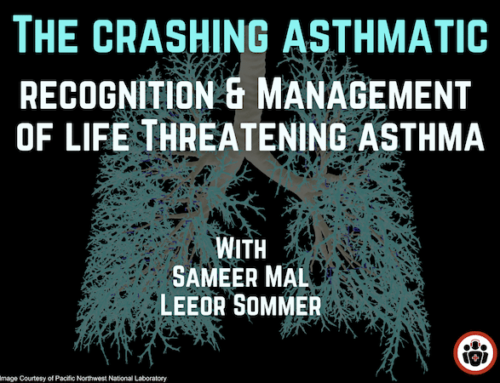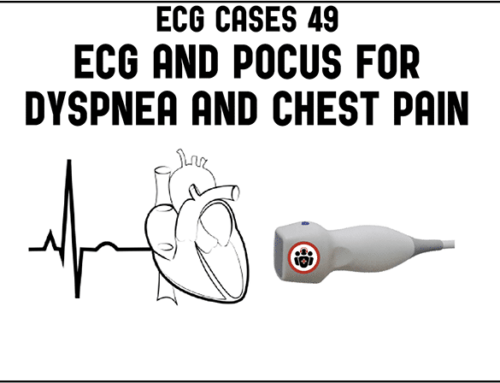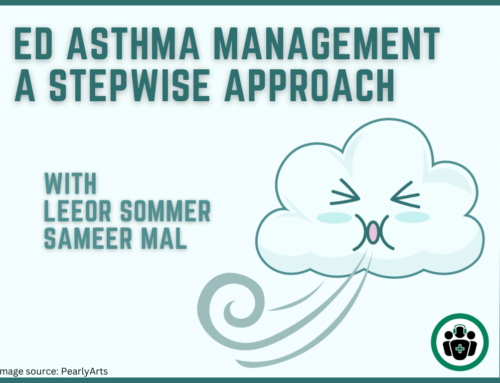My first short-term global health project in 2004 (in the summer between first- and second-year medical school) was a two-month elective in a remote orthopedic hospital in Nepal. While it was a great experience and a steppingstone to future projects, I didn’t give a lot of thought to what I was contributing back to the project or whether it was an ethical endeavour.
There is an increasing demand for global health education in medical training. Today, almost two-thirds of medical students expect to participate in a short-term global health experience (1). As participation increases, and projects evolve, we must evaluate whether these projects are benefiting local communities or potentially exacerbating existing global health inequities.
While volunteers are often motivated by a genuine desire to serve vulnerable populations, without the proper considerations, there is a significant risk of causing unintended harm. Many issues come up in respecting different cultural norms, protecting privacy, managing resource constraints, and considering the long-term health benefits of one’s work (2). With these considerations in mind the American College of Physicians published a position paper in the Annals of Internal Medicine in 2018 (3). It remains the best ethical framework for informed decision making in short-term global health experiences and defines short term global health experiences (referred to as STEGH’s) as those where physicians from high-income countries travel to underserved areas in low- or middle-income countries.
The American College of Physicians proposes five core positions that focus on ethical principles that one should consider before and during a short-term experience in global health. By diving deeper into these positions, I believe that we can unravel some lessons and key principles about ethical practice in short-term global health experiences.
5 core ethical principles in choosing and participating in a global health project
Position 1: Physicians’ primary ethical obligation in short-term global health experiences is to improve the health and well-being of the individuals and communities they visit.
In essence, the idea that doing “something is better than nothing” is flawed (4). Global health projects today should be beneficial to local communities, both in the short term and long term (5). These benefits should be desired and acceptable by local communities and decisions made in consultation with them. Projects should focus on sustainable outcomes and only after a needs analysis is done. It’s not about what you want to do, it’s about what is needed for that community (6).
In addition, projects need to adhere to ethical standards. For instance, the question of whether one can use expired medicines or medical products on patients frequently comes up in this context. The World Health Organization generally prohibits the use of these items, given that they promote an ethical double standard and can be perceived as “dumping your waste” on to others (7).
Physicians should not exceed their scope of practice. Put simply, if you wouldn’t do a procedure at home, you probably shouldn’t do it in the field. Procedures still require informed consent and evaluation of risk even if local regulations may not be as restrictive (8).
Position 2: The ethical principle of justice requires partnering with local leaders to ensure that the potential burdens participants can place on local communities abroad are minimized and preparing for limited material resources.
It’s important to make sure that one’s presence isn’t more of a burden than it is a help. Either by using up local resources (lodging, food, transportation, etc), or the time of local clinicians which could be used for patient care. Ultimately, it is the responsibility of sending organizations to accept financial responsibility for volunteers, and to ensure that they are not placing an extra burden on local resources (9).
Equitable distribution of limited resources can also present many challenges. For instance, there might not be enough medications, diagnostic resources, or equipment to manage every clinical scenario in a local setting. It is important for all parties to decide together, with strong consideration for local community values, what the best use of limited resources may be. This should be done in advance, before the decisions arise in individual clinical encounters (10).
Position 3: The ethical principle of respect for persons, including being sensitive to and respectful of cultural differences, is essential to short-term global health experiences.
In new practice settings there may be cultural views that may be different from your own. This may be a difference in clothing, religious beliefs, gender roles, or medical decision making. It is the responsibility of volunteers in global health to provide care that is sensitive to different cultural views. It is necessary to provide care and have conversations that does not presume the correctness of any cultural viewpoint (11).
The authors emphasize the importance of respect for both for individuals and communities. It is important to be respectful of autonomy, community values, privacy, and transparency. Respecting privacy entails adherence to patient confidentiality. For instance, asking for consent before taking or posting any pictures to social media (12).
Maintaining humility and considerations for local values ensures that projects are more consistent with identified needs and are collaborative, which leads to mutual benefit (13). Ultimately, an ethical project is one that has benefits for all parties.
Position 4: Predeparture preparation is itself an ethical obligation. It should incorporate preparation for logistical and ethical aspects of STEGHs, including the potential for ethical challenges and moral distress.
It is the duty of sending organizations to prepare physicians for the breadth of challenges that they will face in the field. Challenges not only include ethical dilemmas, but preparatory learning should include the local historical context, personal challenges, safety, and preparatory logistics (e.g. Immunizations and paperwork).
Before working with Doctors Without Borders, I had to undergo a series of interviews to gage my readiness for fieldwork, and then attend a two-week in person predeparture course held in Germany. The course went through many of the possible scenarios that I could face and entailed a broad range of topics – personal health to potential challenging situations such as being threatened at gunpoint or kidnapped!
Position 5: Physicians should participate with global health organizations whose STEGHs are consistent with ethics and professionalism as exemplified in these positions.
For trainees and those with limited global health experience, it can be difficult to discern between the variety of global health organizations and projects that are available. There are some key criteria to look for. Ideally, one should prioritize organizations with a long history of action or service, long commitment to a community, good organization, that embody reflectiveness and accountability, and constant evolution to meet the demands of a population (ethics). For medical trainees, there is no perfect criteria that can determine if your project is ethically oriented. Be sure to ask pertinent questions based on the principles herein, and speak with past participants. The website www.choosinganelective.com also provides a quick selection tool as well as links to other resources that can help physicians make informed decisions.
With our increasingly connected world, we should choose global health projects and organizations that adhere to modern ethical standards. This includes a commitment to patient well-being, true partnership with communities, reciprocal benefit, pre-departure preparation, and attention to ethical principles. On a personal level, one must commit to listening to patients and communities, remaining humble, respecting local experts, being prepared, and staying open-minded and flexible with your knowledge and ideas – lessons that I wished I’d learned before my first global health mission to Nepal, many years ago.
References
1, 12, 13. Melby et al (2016). Beyond Medical “Missions” to Impact-Driven Short-Term Experiences in Global Health (STEGHs): Ethical Principles to Optimize Community Benefit and Learner Experience. Academic Medcine. Volume 91, Number 5, 1 May 2016, pp. 633-638(6)
Waal AE. Ethics for International Medicine: A Practical Guide for Aid Workers in Developing Countries. Hanover, NH: Dartmouth; 2012.
3, 5, 6, 8-11 Decamp et al (2018). Ethical Obligations Regarding Short-Term Global Health Experiences: An American College of Physicians Position Paper. Annals of Internal Medicine. https://doi.org/10.7326/M17-3361
4, 7. Silver, Marc. Advice to Parachuting Doctors: Think Before You Jump Into Poor Countries. NPR – Goats and Soda. April 4, 1018. https://www.npr.org/sections/goatsandsoda/2018/04/04/599419888/advice-to-parachuting-docs-think-before-you-jump-into-poor-countries





Leave A Comment